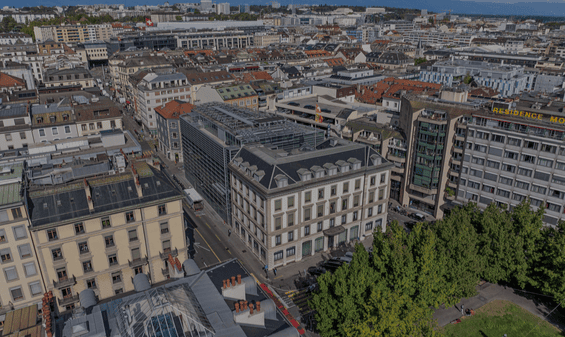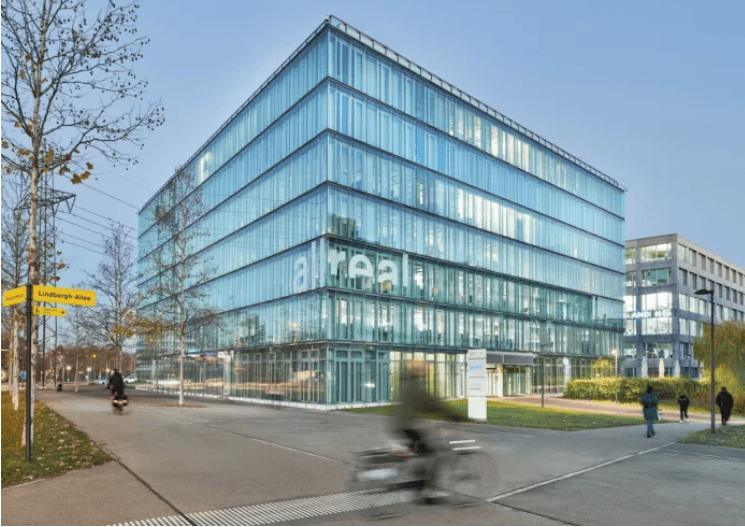Swiss Finance and Real Estate Congress: IAZI Temperature Index points to soft landing
This year's Swiss Finance and Real Estate Congress was a complete success. Around 300 visitors accepted the invitation by IAZI AG. The Hotel Bellevue Palace Bern offered the usual dignified setting for a very exciting and topical event program with numerous top-class speakers.

"The numerous regulatory interventions, especially the tightening of credit, have had their effect and had a dampening effect on price development" Donato Scognamiglio, CEO IAZI AG.
The current situation on the real estate market and the prospects for the coming years were analyzed by Donato Scognamiglio, CEO of the IAZI AG and Titular Professor of Real Estate Finance at the University of Bern. Based on the analysis of the price growth of condominiums and single-family houses, IAZI AG expects very low or zero growth for these properties in 2016. "The numerous regulatory interventions, especially the tightening of credit, have had their effect and had a dampening effect on price development," says Donato Scognamiglio.
The market temperature measured by IAZI also clearly points to a soft landing for the real estate market. The index level of the IAZI Temperature Index is currently at 39 degrees.
The IAZI Temperature Index relates economic data to the development of the real estate market and calculates the sub-indicators of affordability, leverage, price-to-rent ratio, vulnerability and price development that are relevant for the market temperature. These are aggregated in an overall index.
Higher risks for real estate investors
Direct investment remains attractive, but at the same time investors must expect greater risks in 2016. Implementation of the mass immigration initiative is still blocked, with neither Switzerland nor the EU moving toward a possible consensus. High immigration in recent years has been one of the mainstays of the flourishing real estate market. Reduced immigration through safeguard clauses would reduce demand for housing, which could quickly lead to oversupply and growing vacancies, especially in peripheral locations. Similarly, immigration from Eastern European and southern countries has become significantly more important since 2011. It has largely compensated for the decline in immigration from northern Europe, which had been high until then. If this trend continues, there will be a lack of sufficiently solvent migrants in the future to demand the supply of rental apartments in the medium-priced or expensive segment, which will inevitably lead to price reductions.
New price index for commercial real estate
Donato Scognamiglio presented the new "Commercial" price index to the investment community. In Switzerland, this is the first transaction-based price index for offices and retail space. The crisis in this segment over the past three years has been characterized primarily by sluggish demand and rising vacancy rates. With the "Commercial" index, this development is now apparent at the price level for the first time. Thus, price growth has been declining since 2012 at around 3%. While this development already began in 2012 in the Zurich region, the growth figures for the Mittelland, Eastern Switzerland and Arc Lémanique regions have only been slipping into negative territory since 2013.









